
But it’s not just about employment. AI literacy is also about citizenship in a digital age. Algorithms now determine access to credit, social services, public safety alerts, and even political messaging. Understanding how these systems work — and how to hold them accountable — is a civic right. If young Africans don’t learn how to critically evaluate AI tools, they are vulnerable to misinformation, manipulation, and marginalisation. In a world where power increasingly lies in code, literacy must mean more than reading text — it must include reading systems.
There is also a clear equity dimension. Without AI literacy, Africa’s youth will remain consumers of foreign technology, not creators of homegrown solutions. This deepens dependency on external tech platforms and reinforces global digital hierarchies. Conversely, if young Africans master AI early, they can build tools for their own communities — apps for local languages, systems to improve village health services, platforms to boost local commerce — solutions grounded in African realities.
The gender equity implications are particularly striking. Studies show that when AI and digital skills are taught in inclusive settings, girls excel just as much as boys, and often outperform them. In Nigeria, for instance, a recent pilot study on generative AI use in schools showed that girls gained substantial confidence and critical thinking skills when exposed to AI-assisted learning platforms (ICTworks, 2023). Embedding AI literacy early helps close achievement gaps before they harden.
Inclusion, employment, citizenship, and gender equity — all hinge on how fast Africa integrates AI education into its schools. This is not a technological upgrade. It’s a generational imperative.
And while coding remains a vital entry point, it is no longer sufficient. AI is changing not just how we work, but how we live, learn, and relate to one another. If African youth are not taught to understand it — ethically, practically, and creatively — they risk being ruled by tools they had no hand in shaping.
- What Needs to Happen – A Strategic Roadmap
If Africa is serious about building an inclusive, future-ready economy, then AI literacy must become a core pillar of its education systems, starting now. The roadmap ahead is not abstract. It is practical, achievable, and already in motion in parts of the continent. The challenge is not invention — it is implementation at scale.
First, governments must reform national curricula to embed AI education from the upper primary level onward. This doesn’t mean replacing core subjects — it means enriching them with AI thinking. Students should learn what algorithms are, how they affect decisions, and how data can be used to solve community challenges. AI ethics, fairness, and bias must also be taught, ensuring that the next generation doesn’t just learn how to use AI but how to question it critically.
Second, teacher training must be a top priority. No AI strategy will succeed without educators who understand what they are teaching. Ministries of Education should make AI literacy a mandatory component of teacher training colleges and continuing professional development programs. Teachers must be equipped not just with technical tools but with pedagogical strategies that make AI relatable, inquiry-based, and community-relevant.
Third, infrastructure investments must reach the last mile. Students cannot learn AI from chalkboards alone. Schools must be equipped with basic digital devices, reliable electricity, and internet connectivity — especially in rural and underserved areas. These are not luxuries; they are prerequisites for participation in today’s world.
Fourth, public-private partnerships and diaspora collaborations must be mobilised. Africa’s education transformation cannot be driven by governments alone. Tech companies, civil society, and local startups should be engaged to contribute content, platforms, mentorship, and innovation challenges. And most importantly, the African diaspora — a vast reservoir of global expertise and capital — must be activated in service of continental education goals.
This is precisely where the AiAfrica Project offers an unprecedented opportunity.
Sponsored by the African Diaspora Central Bank (ADCB) with a $2 billion commitment, and led by Knowledge Web Center, the AiAfrica Project is not a pilot. It is a continent-wide, ready-to-deploy solution designed to train 11 million Africans — including youth, teachers, SMEs, and government officials — in AI technologies by 2028. With over 250,000 Africans already trained in Ghana, Nigeria, Liberia, Vanuatu, and Eswatini, and major programs soon launching in Rwanda (3 million trainees) and Imo State, Nigeria (2 million trainees in collaboration with the University of Agriculture and Environmental Sciences, Umuagwo), the project is proving that scale is possible.
Even more compelling: AiAfrica provides free or subsidised AI curriculum materials, teacher certification programs, and localised AI tools tailored to agriculture, education, healthcare, and finance. It is specifically designed to be implemented across different infrastructure levels — from urban schools with broadband to rural classrooms using mobile learning kits.
For any African government looking to rapidly integrate AI education into their school systems without starting from scratch, AiAfrica is the bridge. It offers technical expertise, financial support, and continental alignment. Countries like Kenya, Ethiopia, The Gambia, and Zambia are already preparing to onboard. Others must act now to join this wave — or risk being left behind.
Time is short. The Fourth Industrial Revolution is not waiting. The tools are available. The funding is secured. The question is no longer what needs to be done — it is whether we have the will to act decisively.
- Voices for Change – What African Experts Say
Across the continent, a growing chorus of educators, innovators, and youth leaders are echoing one clear message: Africa must move beyond coding to build AI-literate societies — and it must do so now. These are not voices from distant think tanks. They are the passionate advocates teaching in classrooms, designing AI tools, and mentoring students who see the potential — and the peril — of inaction.
“If we don’t teach our kids about AI,” says Dr. Sarah Mensah, an education technologist from Ghana, “we risk raising a generation of app users, not app makers. We’ll have brilliant young people using TikTok and WhatsApp, but unable to question the algorithms that decide what they see, what they’re offered, or whether they get a loan.”
This fear is shared by many across the education sector. Kofi Abudu, a digital innovation advisor in Nigeria, notes, “Coding was step one. AI is the next leap. We taught our kids how to build simple programs. Now we have to teach them how machines think. If we don’t, we’ll be locked out of industries we haven’t even imagined yet.”
Students themselves are increasingly aware of this gap. Aisha, a 17-year-old secondary school student in Kisumu, Kenya, who recently attended a weekend AI bootcamp, shared her revelation: “I used to think AI was just science fiction. But then I saw how it’s used to decide who gets a job or a scholarship. That made me want to understand it more — and maybe even build my own AI someday.”
Many teachers, too, are ready to lead the change — if only given the tools. “My students are curious,” says Mr. Mpho Mlangeni, a STEM teacher in South Africa. “They ask about how Netflix recommends shows, or how Siri answers questions. I want to explain, but I wasn’t trained in AI myself. We need support, training, and a curriculum that’s grounded in African realities.”
That support is beginning to arrive — and it’s African-led. Dr. David King Boison, Lead Consultant at Knowledge Web Center and the strategic architect of the AiAfrica Project, is unequivocal: “This is our moment. We can either empower our youth with AI literacy or continue outsourcing the future to others. The AiAfrica Project was designed for scale, inclusion, and urgency — to help every country, from Rwanda to Imo State, move from pilot to policy, and from awareness to action.”
Experts from across the African Union and international organisations are also urging reform. A recent statement from the African Development Bank’s digital skills taskforce warned, “Unless Africa embeds AI literacy now, we will miss the demographic dividend we talk so much about. Youth potential is not automatic — it must be equipped.” These voices are not calling for perfection — they’re calling for progress. They understand that Africa doesn’t need to copy the global model wholesale. It needs to build its own pathways, grounded in African languages, local data, and community priorities — but informed by global trends. What unites these voices is a shared belief: Africa’s youth are ready for AI. Now, education systems must be ready for them.
- A Defining Moment for Africa
Africa stands at a crossroads. One path leads to continued digital dependency, where our youth consume technology built by others, operate systems they don’t fully understand, and compete for jobs already rigged by invisible algorithms. The other path leads to digital sovereignty, where young Africans become the architects of their future, designing intelligent systems that reflect their languages, values, and aspirations.
The choice is ours. But the window is closing.
The Fourth Industrial Revolution will not pause while Africa catches up. The tools of transformation — artificial intelligence, machine learning, and data science — are already shaping global economies, governance, and even the boundaries of citizenship. For Africa to lead, we must urgently rethink what it means to educate our children in this era.
Coding was the starting point. But AI is the language of the future. Every African student, from rural Tamale to urban Johannesburg, deserves the right to understand the systems shaping their lives — not just to interact with them, but to create, question, and improve them.
This is not a matter of luxury. It is a matter of justice, opportunity, and long-term survival.
We know what must be done. Curricula must be reformed to embed AI literacy from the ground up. Teachers must be trained and supported. Schools must be connected, equipped, and empowered. Policy makers must act, not with timid pilots, but with bold national frameworks backed by funding and resolve.
And we are not starting from zero. The AiAfrica Project, sponsored by the African Diaspora Central Bank (ADCB) and led by Knowledge Web Center, offers a ready-made, African-led solution. With a $2 billion sponsorship, a growing footprint across multiple countries, and a target to train 11 million Africans by 2028, AiAfrica is more than a program — it is a movement.
Countries that act now can leapfrog years of experimentation. They can integrate world-class AI training into national systems, empower teachers, and prepare their citizens to thrive in the global AI economy. Rwanda, Imo State, and others are already moving. The rest must follow — not tomorrow, not next year, but now.
This is a defining moment for African education. One that will be remembered not for what was discussed, but for what was done.
Let us rise to it. Let us ensure that the next generation of Africans does not just inherit the future — they build it.
**********
Abollabora
Dr Ahmed Antwi-Boampong is a Lead Researcher & Senior Fellow, AI in Education, AiAfrica Initiative and Head Industrial Liaison Department at GCTU. He can be contacted via email at [email protected]
Source: Dr, David King Boison and Dr. Ahmed Antwi-Boampong
The post Coding Is No Longer Enough: Why Africa Needs AI Literacy In Every School (3) appeared first on DailyGuide Network.
Read Full Story
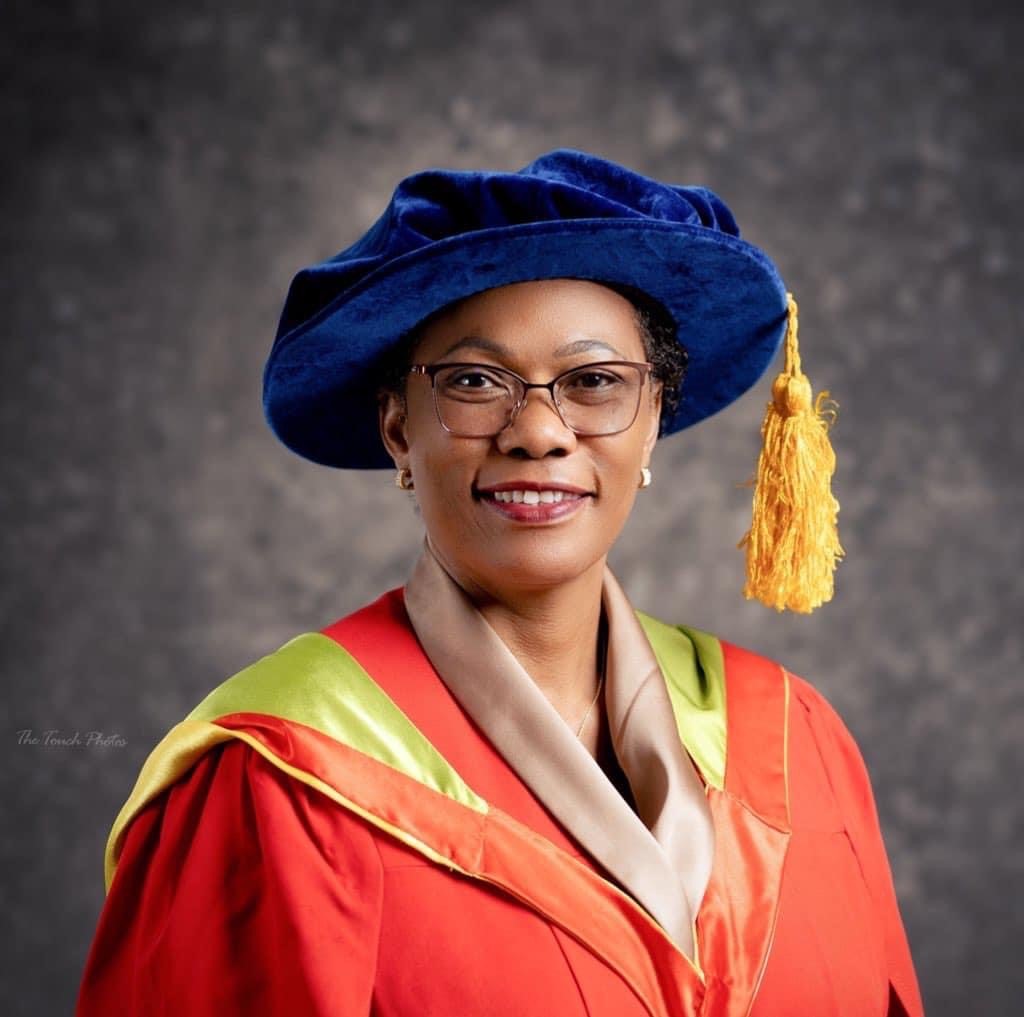

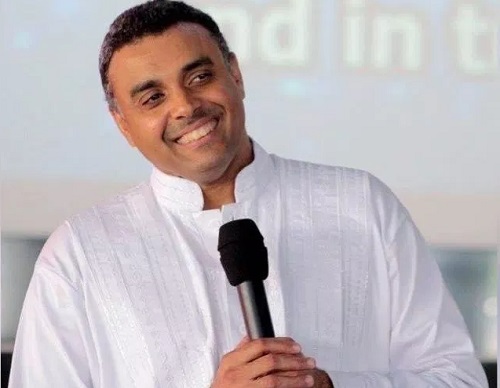




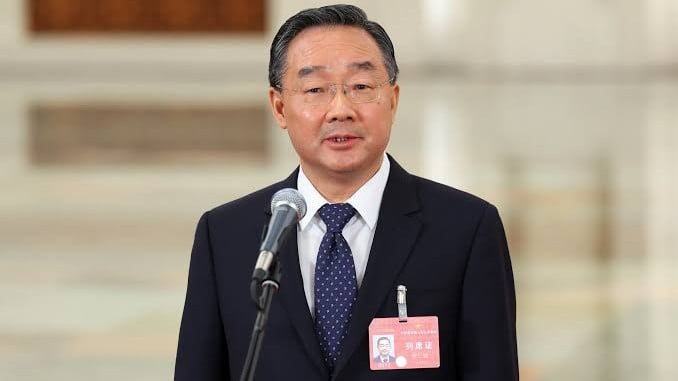
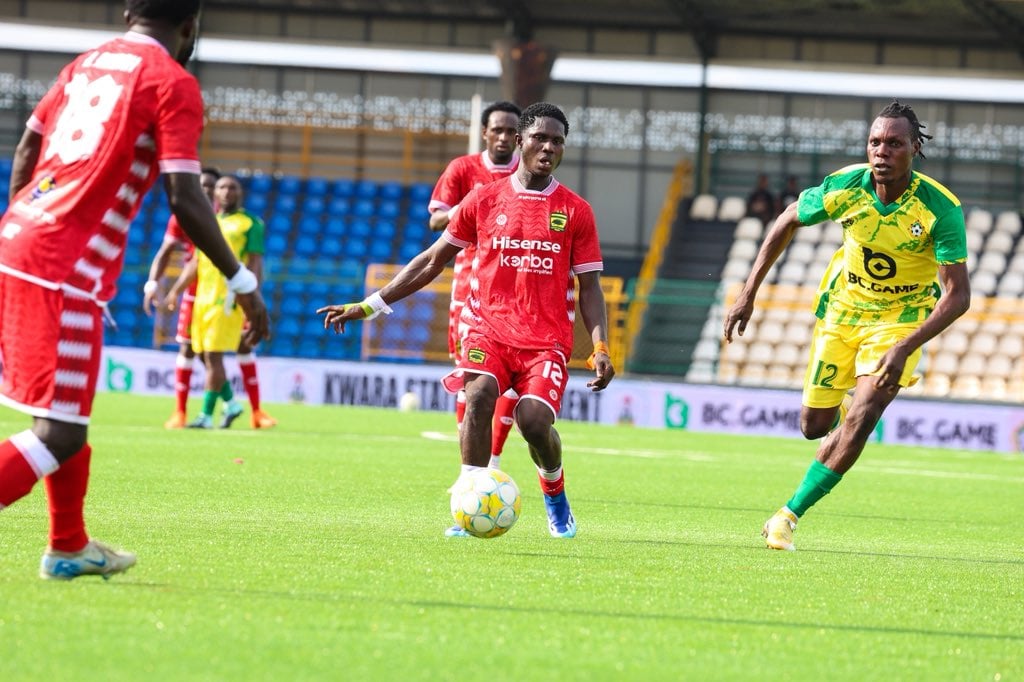
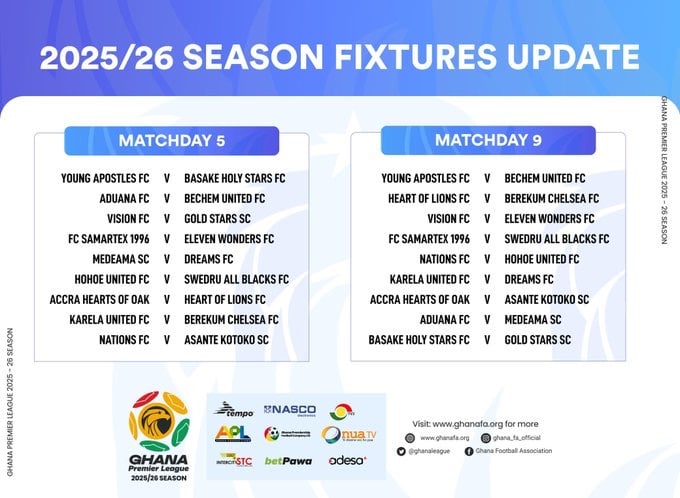

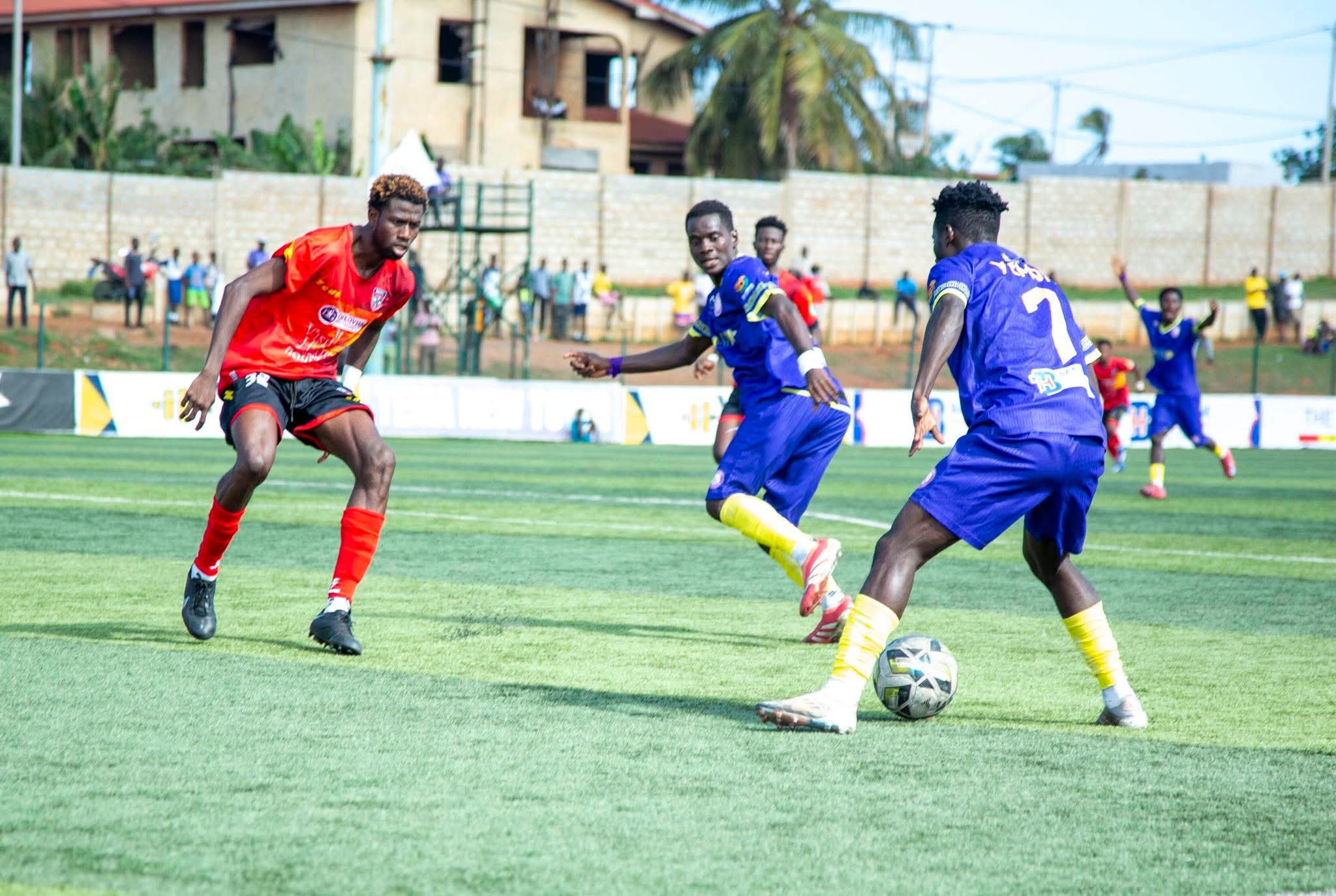
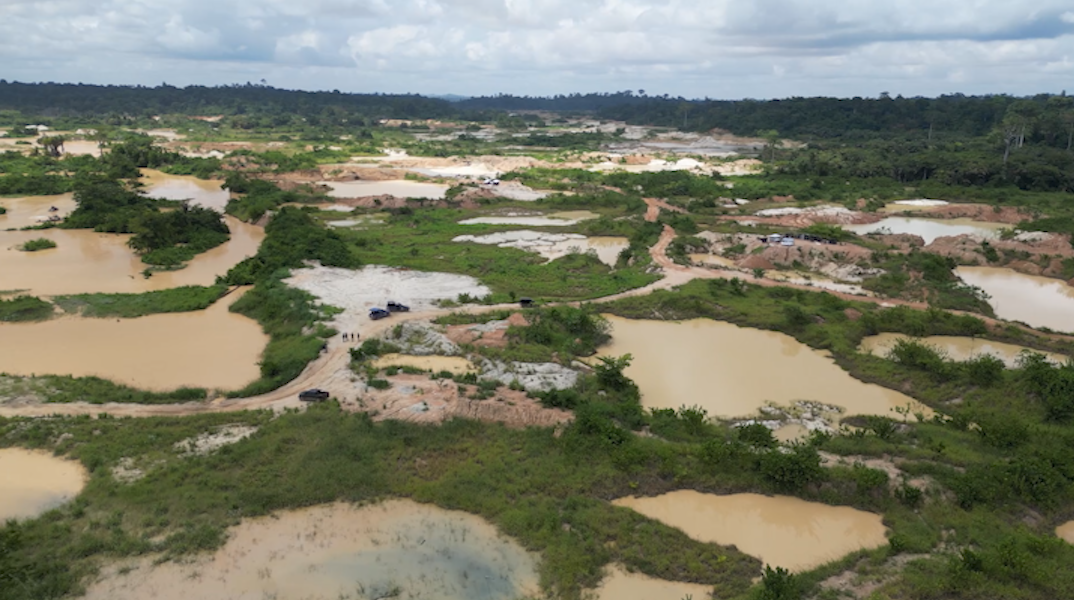



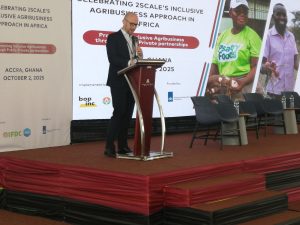

Facebook
Twitter
Pinterest
Instagram
Google+
YouTube
LinkedIn
RSS